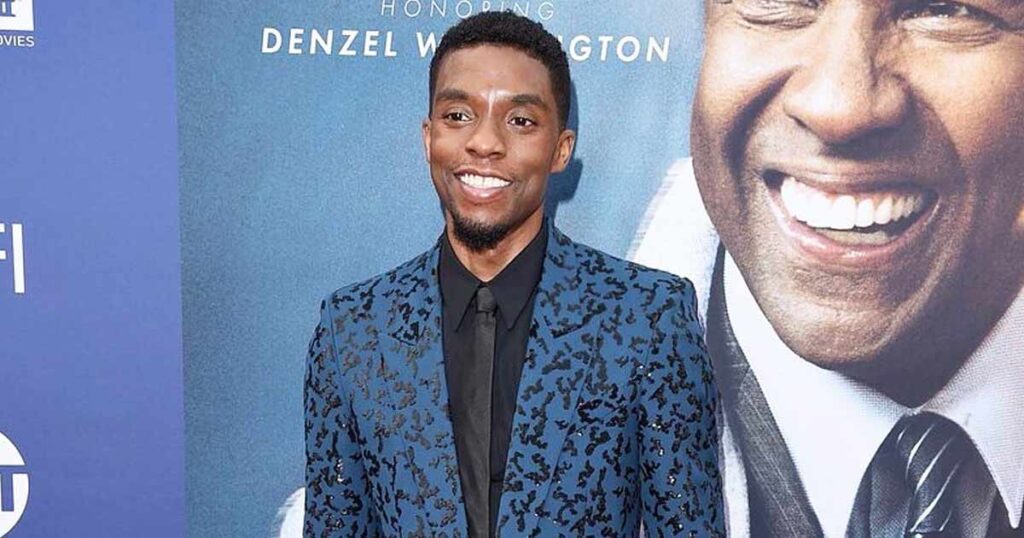From the jump, Chadwick Boseman was clear: Wakanda’s king wouldn’t speak with a European accent. Marvel? They worried it might be “too much” for audiences. Boseman? He called it a deal-breaker.
“If I speak with a British accent, what’s gonna happen when I go home?” he argued. “If we lose this now, what else are we throwing away to make people comfortable?” For him, T’Challa’s voice was Wakanda’s soul—a reflection of a nation untouched by colonization.
The timing couldn’t have been better. Black Panther dropped in February 2018 and hit like a cultural earthquake. The movie tackled identity, justice, and belonging with its primarily Black cast. Boseman’s portrayal of T’Challa wasn’t just acting—it was a masterclass in authenticity. The Wakandan accent? It wasn’t just a choice. It was a statement.
In interviews, Boseman often explained why he pushed back against using a European dialect. “If Wakanda is what it is—technologically advanced, unconquered—he doesn’t have to assimilate a colonizer’s language to speak to his people,” he argued. Instead, he leaned into the Xhosa accent he first tried in Message from the King.
But it wasn’t just about rejecting colonial influence. Boseman saw value in showcasing the richness of African accents on the global stage. “The intonations and melodies inside an African accent are just as classical as a British one,” he said, adding that those tones carried just as much emotional weight. “If he had never been conquered, his voice had to reflect that.”
This wasn’t an easy sell, even within Marvel. Boseman faced questions about whether audiences could connect with a lead character speaking in an African dialect. But he stood firm, finding support from Marvel Studios head Kevin Feige. “I became adamant that that is not true,” Boseman noted.
The actor’s commitment wasn’t just about aesthetics. It was a pointed critique of colonial narratives about education and leadership. Boseman explained, “Colonialism in Africa would have it that, to be a ruler, his education comes from Europe. … That’s counter to everything Wakanda is about.”
He believed T’Challa’s voice had to inspire his people—a nation untouched by European rule. “There’s no way I could speak to my people, who have never been conquered, with a European voice,” he emphasized.
Boseman’s decision resonated far beyond the screen. His delivery of lines like “Evacuate the city. Engage all defenses. And get this man a shield” became iconic. Without the Wakandan accent, they might’ve just been ordinary words.
In the end, Boseman’s insistence paid off. Black Panther wasn’t just a superhero movie—it was a cultural phenomenon, with every detail, including T’Challa’s voice, contributing to its lasting impact.
For more such stories, check out Hollywood News.
Must Read: Dwayne Johnson Responds To Speculation About Maui’s Body For Moana Live-Action: “We Got Caught”
Follow Us: Facebook | Instagram | Twitter | Youtube | Google News

